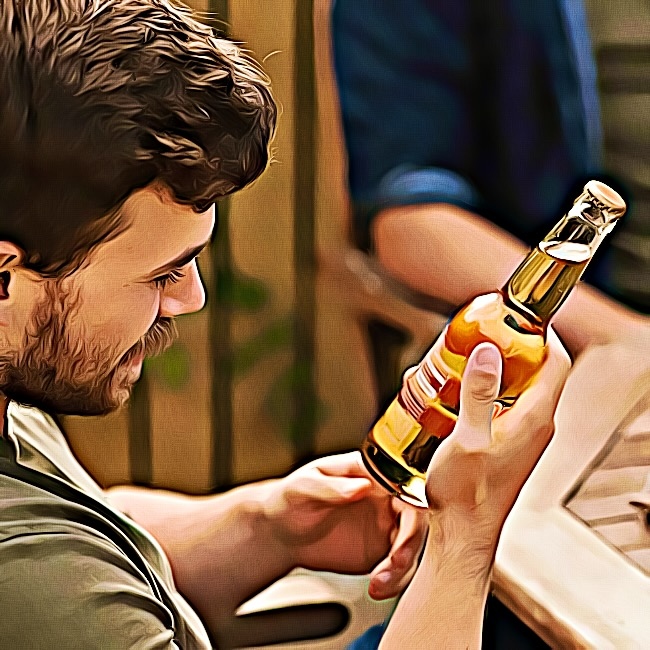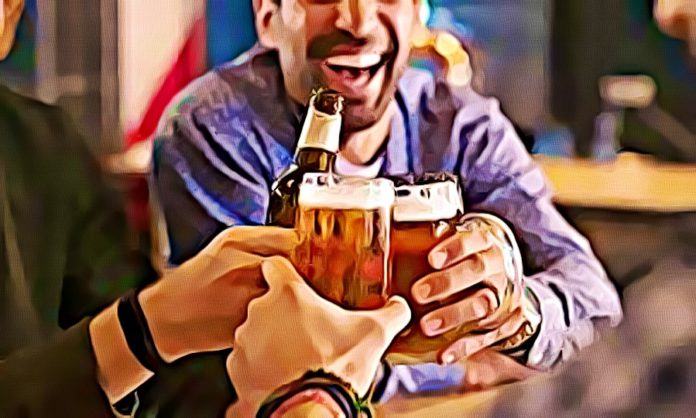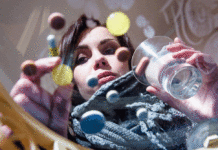Do Drunk People Spill the Beans?
In vino veritas, a Latin phrase translating to “in wine, there is Truth” is a saying as old as the drink itself. This phrase suggests that alcohol acts as a truth serum, stripping away the facade and revealing a person’s innermost thoughts and feelings. It’s a tempting narrative, and many of us have heard anecdotes or witnessed situations where someone, after a few drinks, shares heartfelt sentiments or long-hidden secrets. However, how much truth is there to this ancient adage? Does the loosening of inhibitions always lead to the unveiling of truth? The journey into the heart of this question takes us through a blend of psychology, physiology, telling the Truth, and the societal impacts of alcohol.
A Dance of Honesty and Inhibition
Alcohol, scientifically known as ethanol, has a well-known effect on the human brain. It affects the central nervous system as a depressant, which leads to a decrease in anxiety and inhibitions. This effect can often translate to individuals becoming more talkative or disclosing information more freely than they might while sober.
However, it’s essential to dive a bit deeper to understand the nuanced relationship between alcohol and honesty. The behavioral changes induced by alcohol are primarily due to its effect on the frontal lobes, the area of the brain responsible for reasoning, planning, judgment, and impulse control. When the functioning of the frontal lobes is inhibited, individuals might exhibit a more uninhibited or honest behavior, simply because the internal censor has been silenced.
The Veil of Veracity
But is this disinhibited state always synonymous with truth-telling? Not necessarily. While it’s plausible that someone might be more likely to express their genuine feelings or thoughts under the influence, it’s also possible for individuals to exhibit exaggerated or even entirely fabricated statements when intoxicated. The accuracy and reliability of these utterances are heavily compromised due to the altered state of consciousness.
Moreover, the notion of truth becomes quite subjective in a state of inebriation. A drunk individual’s perception of reality might be distorted, leading to a skewed version of the truth. It’s a fascinating paradox where a state of supposed honesty might lead to both revelations and misconceptions.
Studies from reputable institutions like the [National Institutes of Health](https://www.nih.gov/news-events/nih-research-matters/how-alcohol-affects-brain) have delved into how alcohol affects the brain, underpinning the complex interactions between alcohol, cognition, and honesty.

The Ripple Effect on Society
The societal implications of alcohol-induced honesty are profound. Moments of drunken honesty can forge stronger bonds, clear the air, or in contrast, can lead to conflicts, embarrassments, or long-term relationship strain. The double-edged sword of alcohol-induced veracity presents a conundrum that has perplexed individuals and societies for centuries.
A Path to Understanding
Navigating the blurred lines between inebriation and honesty is no easy feat. It requires a keen understanding of human psychology, the physiological effects of alcohol, and a compassionate approach towards those grappling with the impacts of substance use.
If you or a loved one find yourselves in a tangle with substance use, it might be beneficial to reach out for support. A reputable organization like [Premier Health Group](https://www.premierhealthgroup.net) can provide the necessary guidance and support to navigate through these complex issues, fostering a deeper understanding and a path towards resolution.
In the quest for truth, a sober mind proves to be a more reliable companion. Yet, the allure of alcohol-induced honesty continues to be a topic of intrigue and discussion, reflecting the complex nature of human behavior and the endless quest for understanding the truths that lie within.
Source: https://www.cdc.gov/alcohol/fact-sheets/alcohol-use.htm
















